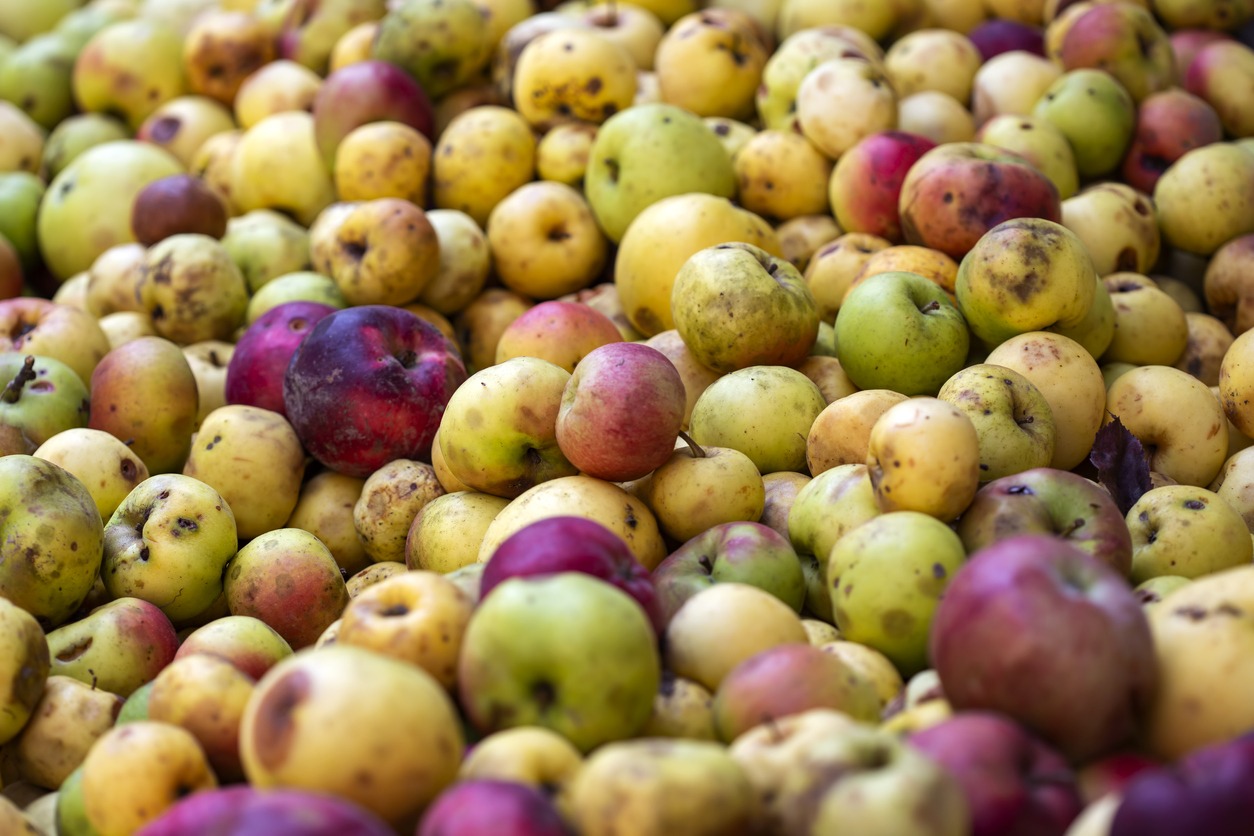Food waste is no doubt one of the trendiest categories in foodtech as consumers, businesses, and restaurant are trying to find new ways to either cut down on waste or to do something with the millions of pounds of food that winds up in the trash each year. There’s a good reason for downstream businesses to consider food waste tactics too, with one report estimating that restaurants can capture $7 for every $1 they invest in fighting food waste.
As the food waste space has gained more momentum, different categories of technologies have spawned to address the misuse and misallocation of food along every segment of the food chain, however, starting all the way back on the farm. As innovation scales up, so has funding. Startups innovating food waste solutions captured over $125 million during 2018 while grant funding from foundations reached over $134 million during 2016, representing a 70% increase during the prior five year period.
As one of the oldest players in the food waste innovation space, Full Harvest has raised $10.5 million in funding, including an $8.5 million Series A round in August 2018 led by Spark Capital with participation from Cultivian Sandbox. The business was founded in 2015.
Full Harvest is a B2B marketplace focused on reducing food waste, offering a digital marketplace for end-to-end purchase, sale, and logistics of surplus and imperfect produce. Farms post the surplus produce they have available on the Full Harvest site and buyers search and place orders. Full Harvest then coordinates the full end-to-end logistics of that sale.
Full Harvest’s customers include medium to large food and beverage companies, processors on the demand side, and large produce growers on the supply side.
“Consumers are getting pickier and pickier, which means Walmart and Costco and other large players demand perfect produce and present concerted buying power to farmers,” Christine Moseley, CEO of Full Harvest, told AFN. “Growers, therefore, need to cater to those buyers first and foremost, as without them they’d be struggling, so they focus on harvesting perfect produce as much as possible.”
The problem is so pervasive that a number of other misplaced produce marketplaces have popped up. Silo, a marketplace for perishable food producers and distributors, raised $3 million in seed funding led by Initialized Capital, the fund founded by Reddit co-founder Alexis Ohanian and Garry Tan, last month while food waste recapturing software startup FoodMaven closed a $10 million bridge financing round with Tao Capital Partners and members of the Walton Family in January.
Full Harvest won the Most Innovative US Startup Series A and Beyond category at AgFunder’s 2019 AgriFood Tech Innovation Awards in March, so we caught up with Moseley to get an update.
What’s been the most surprising aspect of your startup journey so far?
It is more work than you can ever imagine. The highs are higher and the lows can be lower than you expect, sometimes at the same time. But it’s worth it, always.
What are some of the challenges that you’ve faced and how did you overcome them?
The agricultural and food and beverage industries have primarily functioned offline relying heavily on pen and paper. Because of this, there is a significant lack of data on both farm supply and food and beverage needs. One of our challenges has been finding data fast enough. However, the team has now invested significant resources in innovative and robust processes to collect and store data to move as quickly as possible. Therefore, as Full Harvest scales, we will become a data powerhouse with data that currently does not exist in the market.
Are there any other startups that you looked to for guidance or as a model when you were getting started/as you scale up?
Yes, I was fortunate to have the founders of Rent the Runway as mentors early on and one became an investor. I learned a lot about how they built a billion dollar company and have emulated a lot of what they have taught me.
What’s your fundraising experience been like?
My seed round in 2016 was pretty brutal. It took about nine months because I was pitching a solution to food waste before food waste was a known thing. Two years later, my Series A was a completely different story. Once education in the food waste space was there we closed in record time.
How have your investors added value beyond capital? What do you look for in an investor?
All of our investors have been amazing to work with and helpful in many ways. Specifically, Spark has helped with hiring, leads, and support. Cultivian has provided great customer introductions. Kirk Haney at Radicle has been a big marketing champion for us within the agriculture industry. I could go on and on about all of our investors. They are all great.
We really look for value-aligned investors that are knowledgeable about the food waste space and have great reputations and rapport. We are picky and like to work with the best of the best that are also great to work with and truly understand what we are building.
Any advice for other startups out there?
Plan for fundraising to take up to 6 to 12 months. You can never be too careful. Things take twice as long, so raise twice as much as you think you need. Always have plan A, B, C, D, etc. Hire slow, fire fast.
Have you interacted with any agrifood corporates?
Yes, I have met with several agrifood corporates both for pitching and networking.





